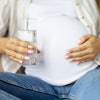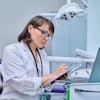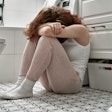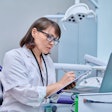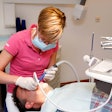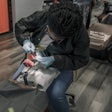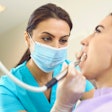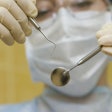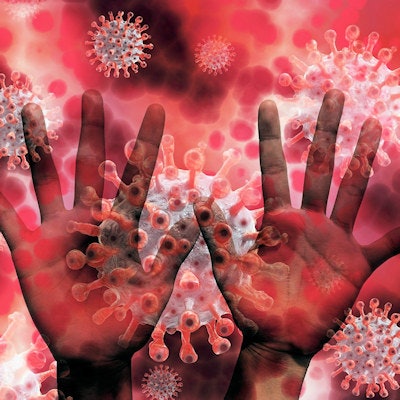
Only seven dental hygienists who were working while COVID-19 was surging in Italy, including the hardest hit spot of Lombardy, tested positive for the novel coronavirus, according to an article published on October 31 in BMC Health Services Research.
This is believed to be the first study that looked specifically at dental hygienists working during the pandemic. Dental hygienists avoided infections because most understood the risks and took appropriate actions, such as wearing goggles and visors and frequent hand-washing, the authors wrote.
"Italian dental hygienists have adjusted working habits to the professional risk related to the current pandemic and they seem correctly prepared to face the SARS-CoV-2 infection in the dental environment," wrote the group, led by Giuliana Bonta, PhD, of the department of biomedical, surgical, and dental science at the University of Milan.
High risk
The risk of cross-infection in dentistry is considerably high due to droplets and aerosols produced during routine dental procedures. Since dental hygienists perform aerosol-generating procedures their occupational risk is comparable to that of dentists. The study aimed to get a better idea of the protective measures taken and the awareness and risk perception of COVID-19 among Italian dental hygienists.
About 2,800 dental hygienists participated in a survey that asked about personal data; the protective measures they took before patients arrived, in the waiting room, and in the operatory; and the personal protective equipment (PPE) they used. Approximately 80% of the respondents were women. The survey results were collected between May 12 and May 20. Participants worked in regions throughout Italy, but about one-fifth (or about 550) of those who responded to the survey worked in the hardest hit region of Lombardy.
Small pool of positives
Only 0.25%, or seven, of the participants tested positive for the novel coronavirus, according to the survey results.
The low incidence of infection may be tied to the PPE the hygienists wore and the other infection control measures they took. About 91% of hygienists wore protective glasses or visors, and approximately 90% wore disposable gloves, while only 6% used sterile gloves. About 83% shielded their faces with surgical masks, the authors wrote.
More than half of the hygienists screened patients prior to them arriving and spaced out appointments, but they also implemented multiple measures at the practices. Frequent ventilation of waiting rooms was reported by about 77% of the hygienists, and the disinfection of handles several times daily in these areas was reported by 67% of participants. About 65% reported having patients wash their hands when they arrived.
In operating rooms, about 87% of hygienists washed their hands before and after procedures. This was the most common measure taken when it came to operatories, followed by removing disposable protective devices and disinfection, which was reported by about 74% of hygienists, the authors wrote.
Approximately 2,100 hygienists reported having patients gargle with some type of preprocedural rinse. A chlorhexidine gluconate rinse was used most frequently, at about 69%, according to the authors.
A few limitations
The research did have some limitations, including gender imbalance due to the large number of female participants. However, this is reflective of dental hygiene as a female-dominated profession, as well as the differing compliance to this type of investigation between genders. The imbalance of women may explain why hand-washing before and after each procedure was the most reported preventive measure, as gender disparities were previously reported regarding this fundamental infection control measure, according to the group.
In the know about infection control
As the epidemiological situation of SARS-CoV-2 continues to evolve, it will be useful to verify in the future whether hygienists continue to implement these infection control protocols as the threat of COVID-19 subsides, the authors wrote.
As for now, "Italian dental hygienists appear overall confident to be able to avoid the infection during their working activity," they wrote.

